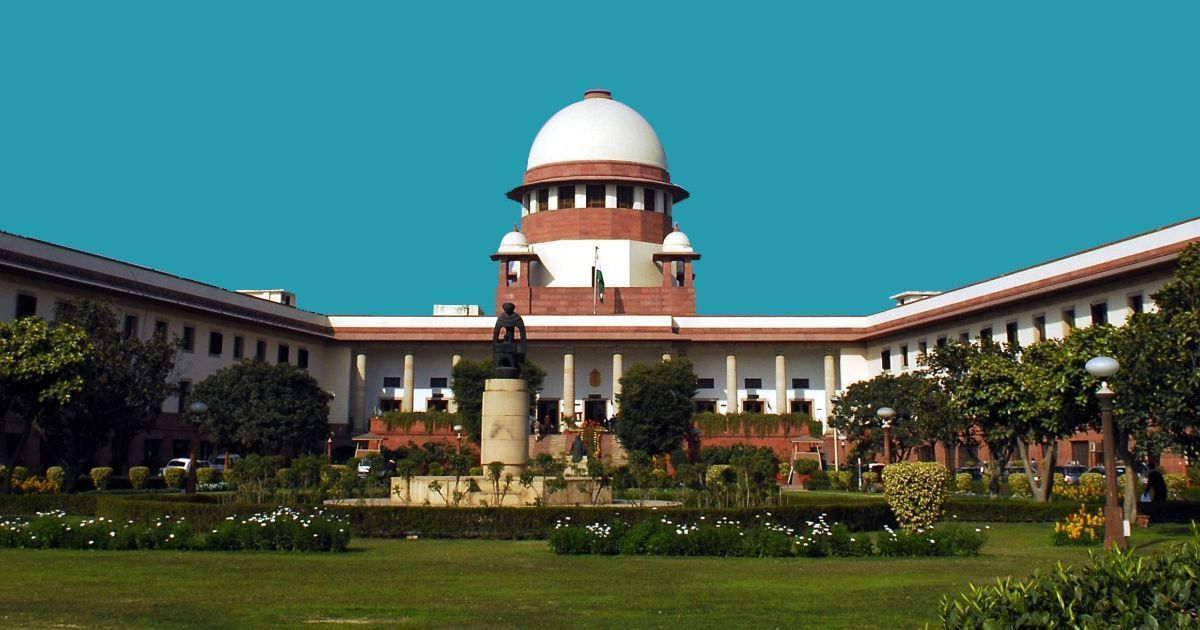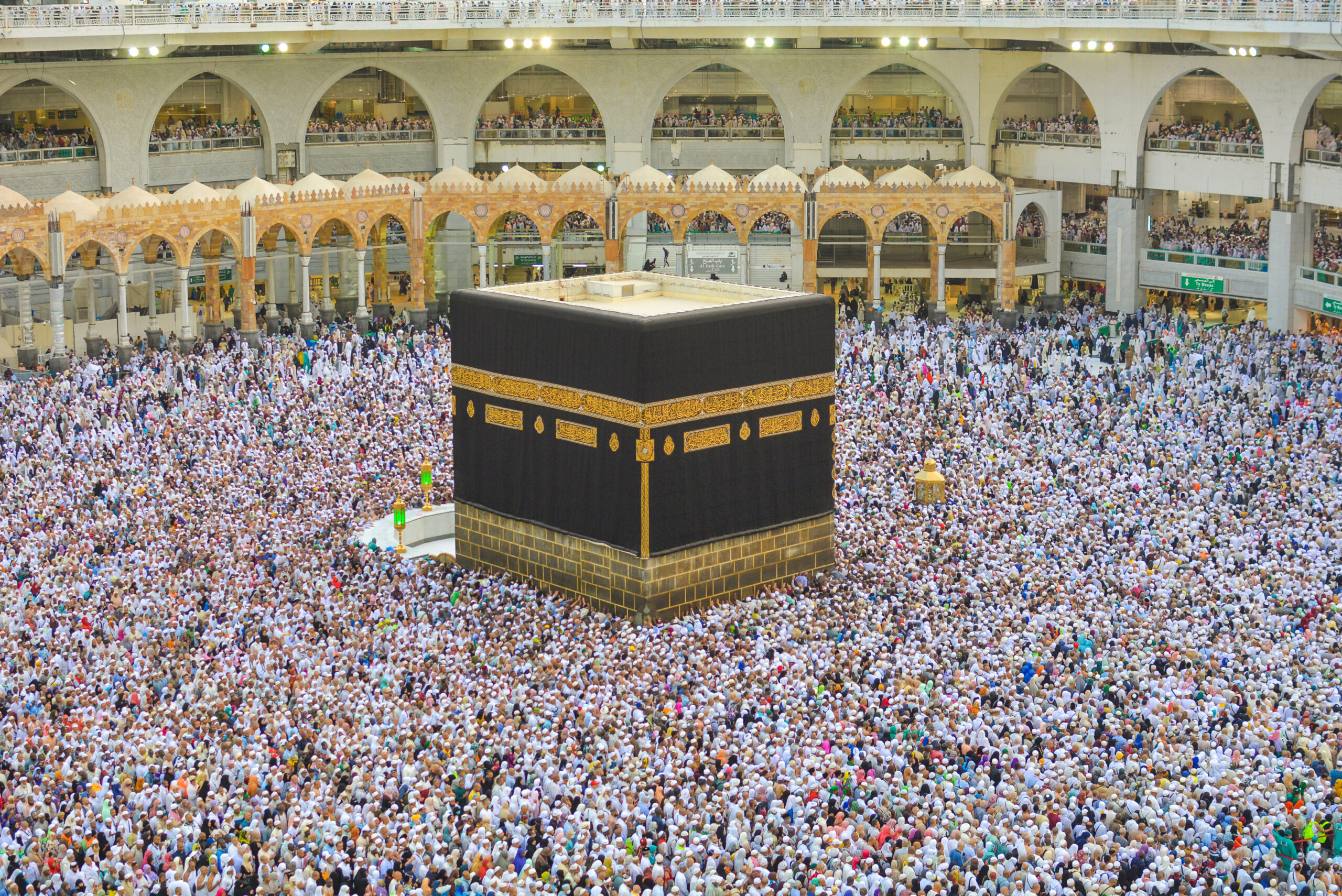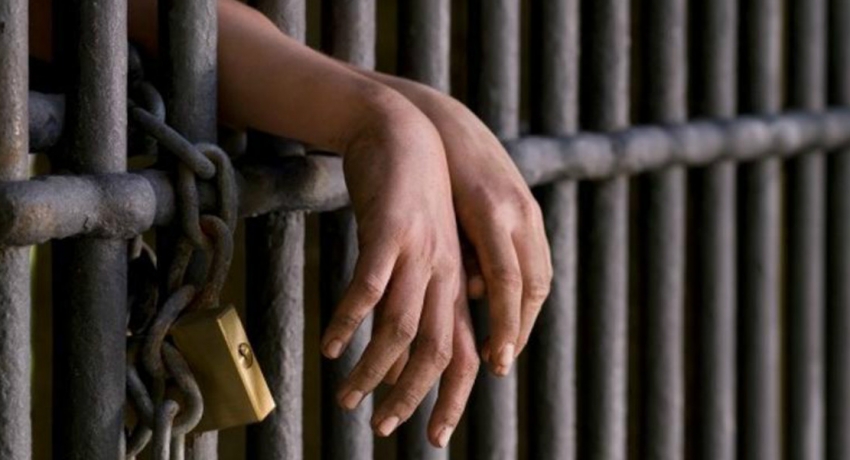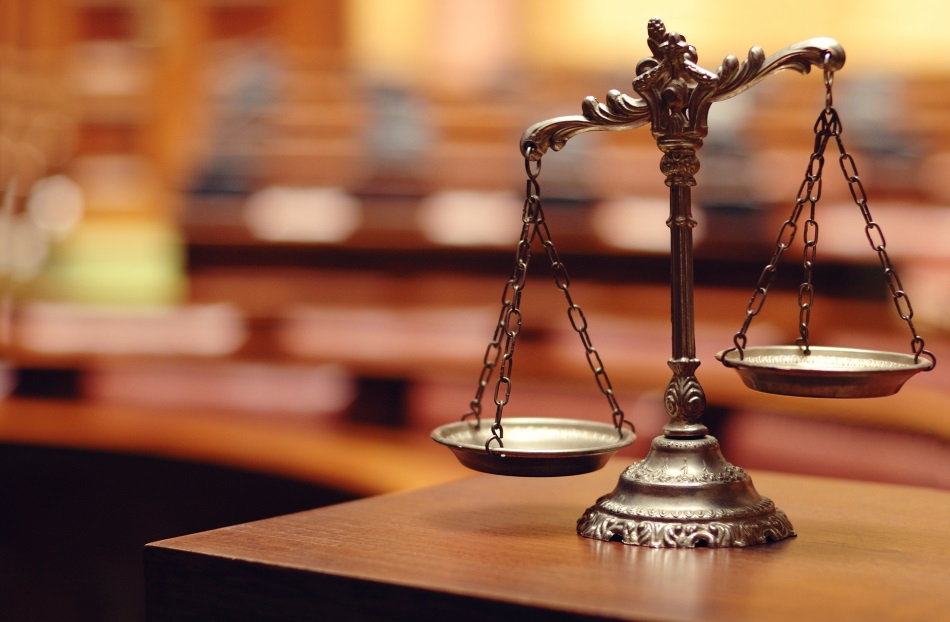Notification from the Supreme Court on Delhi’s appeal against the appointment of 10 nominated members to the MCD
Issue – The Delhi Government petitioned the Supreme Court to invalidate notifications via which the Delhi Lieutenant Governor (LG) selected 10 nominees to the Municipal Corporation of Delhi (MCD) on his own initiative and without the support or counsel of the Council of
“The investigation parade does not hold much value when the identity of the accused is already known to the witness”: supreme court
Recently in the case of Udayakumar v. State of Tamil Nadu, the Supreme court held that the investigation parade is not valuable if the identity of the accused is already in knowledge to the police or the witness The supreme court bench consisting
Section 12A Withdrawal of CIRP Application Can Be Maintained Before the Creation of the CoC, ruled Supreme Court
In ruling on an appeal filed in Abhishek Singh v. Huhtamaki Ppl Ltd. & Anr., the Bench of Justices B.R. Gavai and Vikram Nath held that Section 12A of the Insolvency and Bankruptcy Code, 2016 (“IBC”) does not prohibit entertaining requests for the
Supreme Court: Consumer Commissions Are Ineligible to Handle Cases Containing Highly Disputed Facts, Criminal Activity, or Tortious Actions.
Issue – The Supreme Court has reaffirmed that consumer tribunals cannot rule on complaints involving hotly contested factual issues, instances involving tortious behaviour, or crimes like fraud or deception. It stated that the “deficiency in service” notion under the Consumer Protection Act of
Supreme Court orders the Union Ministry of Minority Affairs to communicate with states lacking Haj committees.
The Union Ministry of Minority Affairs has been ordered by the Supreme Court to communicate with States that have not yet established Haj Committees in their various States. A case involving the establishment of a Central Haj Committee as required by Section 3
Supreme Court: UAPA provision that makes belonging to a prohibited organisation illegal is not obscure and has no limiting impact.
Issue –The Unlawful Activities (Prevention) Act of 1967’s Section 10(a)(i), which deems belonging to an illegal organisation a crime, is still in effect, and the Supreme Court determined that it is not unclear or arbitrary. Facts of the case – The Court also
The Supreme Court responds that the day of remand should be taken into consideration when evaluating a default bail claim
Issue – The Supreme Court has ruled that the day of remand must be taken into account when evaluating a request for default bail in response to a referral on an important legal issue. Facts of the case – If the charge sheet
Supreme Court ordered Center to respond to a request for protection of Western Ghats
The Central government has been ordered to file a reply affidavit in the case involving the protection of the Western Ghats within four weeks, according to a recent ruling from the Supreme Court bench consisting of Chief Justice D.Y. Chandrachud, Judge P.S. Narasimha,
Under Clause 4 of Schedule III of the SEBI Stock Broker Regulations, fees paid by directors do not qualify for an exemption: Supreme Court
Issue – The Director, and not the Whole Time Director, transferred the corporate entity’s stock exchange registration and paid the registration fees, the Supreme Court upheld SEBI’s decision to deny a corporate entity an exemption from payment of fees under Clause 4 of
Supreme Court Accepts Petition Contesting Frequently Shuttered Internet in Different States
Issue – The Supreme Court decided to take up a case brought by the Software Freedom Law Centre in India protesting nationwide Internet shutdowns in certain states. Facts of the case – The petitioner’s attorney initially argued that the problem of internet outages









